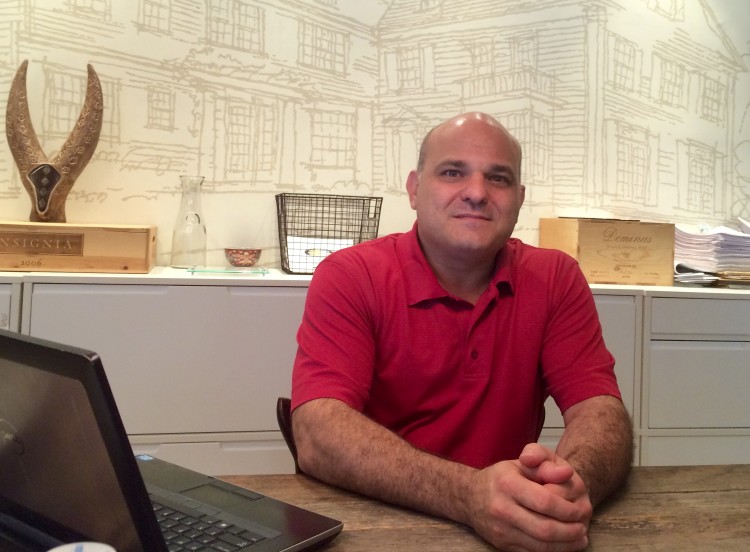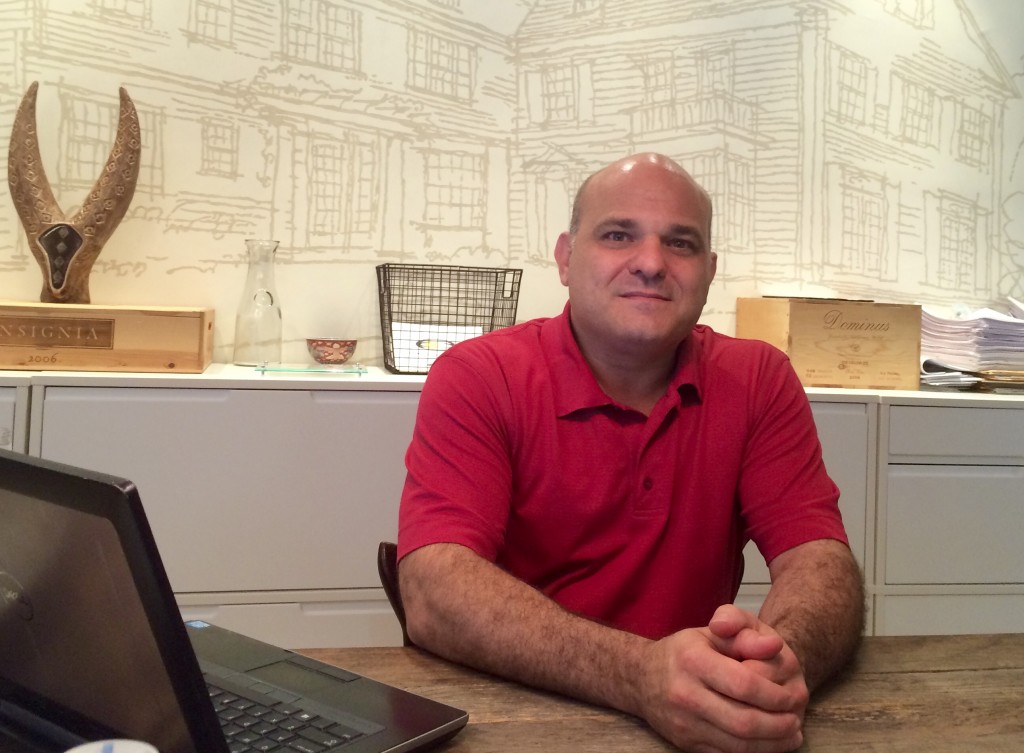
Paul Cappiali, a lifelong Greenwich resident who distributes wine and liquor for a living, never gave much thought to marijuana.
But after seeing firsthand what marijuana can do for a suffering cancer patient, Cappiali wanted to make the federally illegal substance more accessible to people who benefit from it.
In September, Cappiali’s Greenwich-based Organic Care LLC made three of the 15 applications the state received that month for a licensed medical marijuana dispensary. Connecticut will soon name three new dispensary sites, at least one of which will be in Fairfield County.
A 12-month moratorium on medical marijuana dispensaries is currently in place in Greenwich, but is set to expire in December; it could, however, be renewed for another year.
According to Town Planner Katie DeLuca, the town intends to review potential regulation changes this month or next. At this point it appears unlikely that Cappiali’s dispensary, if granted, would be situated in Greenwich.
Meanwhile, the number of registered medical marijuana patients in the state of Connecticut has reached a new high. Between late August and mid-October, 1,369 qualified patients signed up for the state-run program, bringing the total number to 6,726. The 26 percent growth rate in just a month and a half suggests a booming industry with growing resources.
Cappiali’s motivation is personal. His father-in-law, Tom Morrison, raised seven children and always preached the dangers of illegal substances, including marijuana.
For Morrison and his family, marijuana was a taboo, and using it never would have crossed their minds—not until cancer slowly started to take over Morrison’s body. In the final years of his life, with the help of his family, Morrison obtained marijuana through cloak-and-dagger sources in order to relieve his pain.
“We convinced him to try it,” Cappiali said. “For him, there was a bit of shame involved, because he was the one who had been preaching his whole life during the time of the War on Drugs that marijuana was an evil thing.”
Cappiali and his family were able to track down and buy marijuana for Morrison while keeping it a secret. “It was family business,” Cappiali said. “The few of us who were able to get it for him knew what was going on. His grandkids didn’t know, and some of the sisters didn’t know. We told them finally, but nobody cared—it was about whatever worked for Pop.”
Cappiali says that despite possession and use of marijuana then being illegal at both the federal and state levels, every attempt to improve his father-in-law’s quality of life was worth it. “But even when he recognized it would treat him, there still was a little shame, because we were getting it illegally.”
Morrison died from the spreading cancer about a year and a half ago.
A Conservative Approach
California, Colorado and Oregon have been dubbed the “Wild West” of marijuana, since they were among the first states to legalize the substance for medicinal and recreational use.
Connecticut has taken a much more conservative approach, waiting for the smoke to clear on the complex legalities of the issue.
On June 1, 2012, Connecticut enacted its own medical marijuana program, nearly 16 years after California’s Prop. 215 allowed the use of medical marijuana without FDA approval, the first law of its kind in the nation.
Connecticut became the 17th state to legalize medical marijuana, and currently has six dispensaries, but only one in Fairfield County, located in Bethel. Connecticut’s Department of Consumer Protection has noted that the greatest concentration of those seeking medical marijuana exist in this county and New Haven County, which also has only one dispensary.

Cappiali says the state is going about things in the right way, and he wants to be part of the education of marijuana for health professionals.
“Connecticut is encouraging the dispensaries to get to know their patients,” Cappiali said. “The patients are dedicated to particular dispensaries. They encourage the interaction between the dispensaries and the patients.”
Qualifying conditions for medical marijuana patients in Connecticut include cancer, glaucoma, HIV, Parkinson’s Disease, multiple sclerosis, Crohn’s Disease, epilepsy, damage to the nervous tissue of the spinal cord, wasting syndrome, and post-traumatic stress disorder.
While providing Morrison with marijuana, the family noticed a change in his mood and appetite.
“He was able to engage in a meal, whereas without [marijuana], it was a chore to eat,” Cappiali said. “The most significant thing was his ability to eat again. There was some more joy in his life again.”
At the time of his cancer diagnosis and treatment, doctors were not allowed to recommend or prescribe marijuana to their patients.
“He would have been much better off talking to a doctor rather than talking to his children—but thank god he was willing to talk to his children and try something he had controversial feelings over,” Cappiali said. “Now Connecticut has this in place, and you can talk to your doctor.”
Dispensaries work essentially like pharmacies. They offer different strains of marijuana that treat different ailments, but a doctor’s recommendation is needed to set foot into a dispensary in the first place.
Unlike Colorado, where marijuana is legal both medically and recreationally, Connecticut will only allow the use of marijuana to patients with qualifying conditions.
With the number of new medical marijuana patients exceeding the Department of Consumer Protection’s expectation of 6,000 patients by year’s end, the agency has said it will name the three new dispensary locations in Fairfield and New haven counties by early next year.
Though more dispensaries will be competing for business, Cappiali says that’s almost beside the point. “I’m not going up against the other dispensaries,” he said. “I’m going up against Merck and Pfizer, who have reps in the offices of these doctors every day, pushing particular medications.
“What I want to be in the business for is educating doctors and providing information to them as much as possible so that they can make sound decisions.”
Like Prohibition
Cappiali sees the path to marijuana legalization as similar to that of alcohol legalization in 1933, when a 13-year period of prohibition drew to a close. Even formerly ardent supporters of prohibition, such as John D. Rockefeller, changed their minds, noting increased crime and decreased respect for the law—all with no measurable decrease in drinking.
“Alcohol is shown to have pretty significant consequences,” said Cappiali. “I think we will be able to look at marijuana use closer now, but statistics right now show that alcohol is more of a problem, but it’s also a lot more readily available. So do you all of a sudden make marijuana that readily available and then later find out about a problem?”
According to the World Health Organization, 3.3 million deaths in 2012 were attributed to the consumption of alcohol.
An approved application for Organic Care would help patients avoid what Cappiali and his family had to go through in order to get medical marijuana for their loved one. Cappiali says the alternative medicine helped in the final months of his father-in-law’s life.
“After being taught to stay away from the particular substance, it turned out to be helpful when used correctly,” Cappiali said. “It added to his life. It didn’t just keep him alive, it allowed him to live.”





